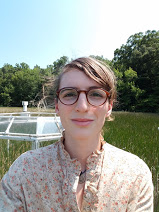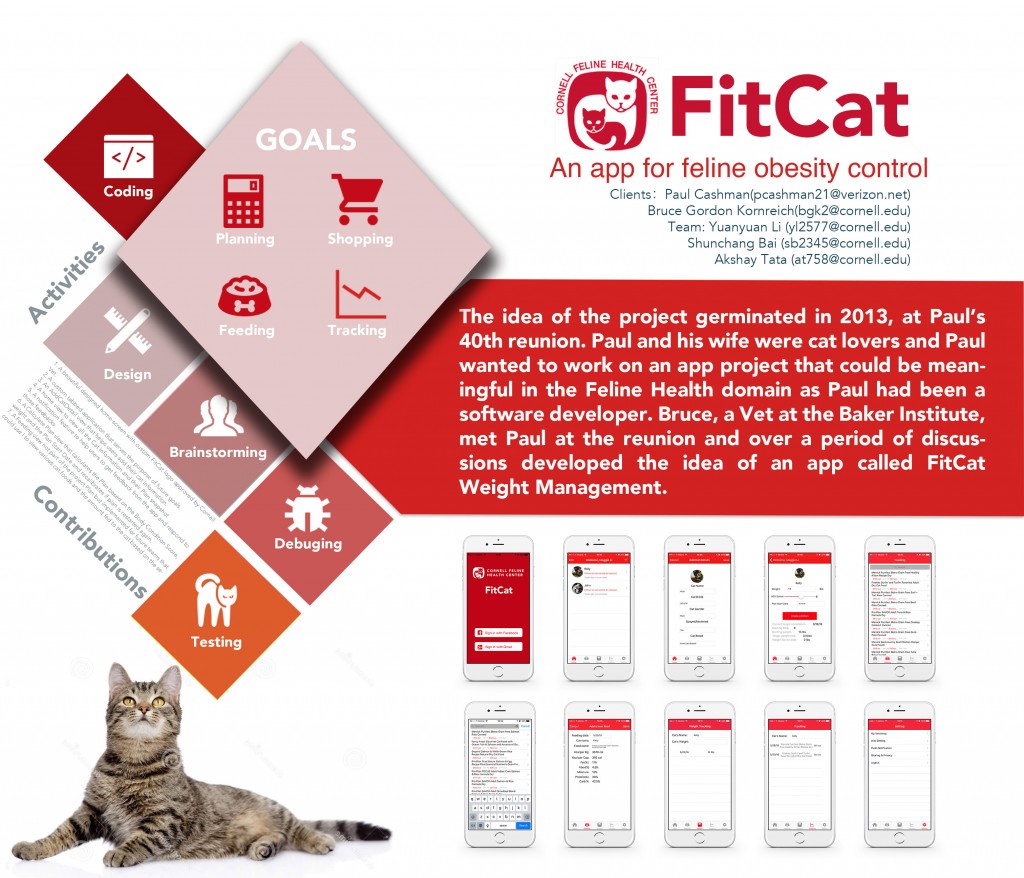Dear classmates —
I am writing this on the train to Boston from Baltimore, where I and about 500 other Cornellians attended the annual Cornell Alumni Leadership Conference the first weekend in February. (Next year’s is in Philly — please consider joining us there.) As always, the highlight of CALC for me is meeting students. They are so brilliant, passionate, and articulate that, as our classmate Susan Murphy once said to me, “They raise the value of my Cornell degree because people assume I’m as good as they are.”
Yet their Cornell experiences, while resembling ours in externals such as problem sets and prelims or dealing with the weather, are very different when it comes to navigating (to use their word) the complexities of their and their classmates’ differing identities — racial, ethic, religious, physical/mental ability, sexual, or gender. They may walk the same physical topography we did, but the mental landscapes they traverse are worlds apart from ours at that age (*). Through my years as a Cornell volunteer and returning frequently to campus, I’ve seen Cornell become a far more diverse place, truly fulfilling Ezra’s vision. It seems to me that it comes at a cost: as different identity groups assert themselves, other groups sometimes see them as being too assertive, and individual students can get stressed. But there are student organizations that foster intergroup dialog and teach the skills necessary to conduct such conversations. And the students are as proud and passionate about Cornell as any of us. The kids are alright.
In this letter:
- Eliza Bonner ’17, our new Class of 1973 Scholarship recipient, talks about her interest in environmental science and sustainability engineering.
- Continuing the series on combining vocations with volunteering, I’ll talk about how returning to my software developer roots has led to collaborations with and between the Vet College, CALS, and the Faculty of Computing and Information Science.
- The Cornell Libraries used the Class of ’73 Book Fund to continue purchasing religious and theological texts.
- Your class dues help support a unique publication, the Cornell Alumni Magazine.
- Are you a budding (or fully flowered) video artiste or know something about WordPress? The class needs you!
- Please network with your friends on Giving Day
News from our class scholarship recipient

Our scholarship recipient for 2016-17 is Eliza Bonner ’17, from Bucks County, PA, a bit north and east of Philadelphia. She is a senior in CALS majoring in environmental science and sustainability engineering (yet another field that didn’t exist when we were there). Read her story here.
Combining vocations with volunteering
Some of our classmates are volunteering for Cornell in ways that meld their personal passions and life experiences with Cornell’s pioneering work in areas that distinguish it as a world-class university (see previous stories here, here, and here).

Now I’d like to tell my own story. It’s a story about reinvention, and how I came to be a matchmaker between Cornell professors who needed to have apps developed and student teams who were looking for apps to develop as part of their coursework. Read more…
(By the way: If you are combining your vocation with volunteering, for Cornell or any other organization or cause, please let me know.)
Using the Class of ’73 Book Fund for Cornell’s Religion Studies collection
Last year I posted a letter from the Cornell Libraries thanking the class for the Class of ’73 Book Fund’s purchase of “part of a series of ‘authoritative, expensive,…expertly edited texts from ecclesiastical history.'” Patrick Stevens, the Selector for Jewish Studies, wrote again this month to tell about some recent purchases using the Book Fund to continue to build up resources for the study of early Christianity. Read Patrick’s letter…
I was curious as to how it came about that our book fund was used for this particular subject, so I wrote to Patrick asking why it wasn’t used for, say, entomology, nanotechnology, or oenology. Here is his reply:
Dear Paul,
Your question is quite interesting. As a selector, I have access to an array of funds, be they from gift endowments or from administrative appropriations, to acquire books and other pertinent resources. The fund endowed by the Class of 1973 was not a restricted fund, unlike many endowments. Accordingly, it was possible to assign it for acquisition of books in studies of religion, where there was (and is) a critical need for funding.
Theoretically, the fund could be reassigned at some point, but such a reassignment seems unlikely in the near to middle term. The historical and philological study of religion, for example, is gaining strength at Cornell, especially with the concentration of several scholars on the Christian texts and traditions of Late Antiquity and the Middle Ages. Much of this work occurs alongside strong programs in Jewish Studies and Medieval Studies, and in conjunction with dynamic instruction in the Semitic languages and in Latin. With this programmatic growth arises a scholarly demand for optimal, and often expensive, library resources.
The Class of 1973 merits, I believe, our warm appreciation for its contribution to the library’s role in supporting instruction and research in the study of religion. I derive encouragement knowing that so many Cornell alumni are discerning and attentive advocates for the University Library and its critical, complex mission.
All good wishes,
Patrick
~ Patrick J. Stevens
~~Curator of the Fiske Icelandic Collection and Managing Editor, Islandica series
~~Selector for Jewish Studies
~~Selector for Religion Studies
~~Selector for Northern European (Scandinavian and Dutch) Literatures
If you’re wondering how a secular university manages to amass such a large collection of religious texts in a variety of faiths, here is a link to Gods and Scholars, an exhibit that ran at the Kroch Library through March of last year.
Your class dues support a unique publication
Last year I talked about the differences between class dues and donations, and how your class dues support the work of the class. This year I want to focus on another dues benefit, namely, the Cornell Alumni Magazine (CAM). Founded by alumni in 1899, it is the only independent alumni magazine in the Ivy League. Under its (relatively new) editor Jenny Barnett, Oxonian and former editor of Harper’s Bazaar, CAM has taken on a new look and has run some really interesting stories, such as the one about alumni going back to their former living quarters to talk to the current inhabitants, and theme issues such as summer reading and travel.
For a single dues payer, just over half your dues amount goes right to CAM for your subscription. The subscription year and the dues year run from July 1 to June 30, so the dues you pay before July 1 get you the full magazine subscription, starting with the July/August 2017 issue (you can always request back issues if your subscription starts later). Don’t delay — pay your class dues today. (And please support students like Eliza Bonner while you’re at it by donating to our class scholarship fund.)
We need your special talents
We would like to do some invitation videos for our 45th Reunion, just a scant 487 days from now (June 7 – 10, 2018). If you are an amateur videographer or budding video artist, please get in touch with me.
If you have even a little experience with the WordPress web site platform, the class needs a webmaster. As Reunion approaches, we’d like to make some changes, add new content, and include lists of who’s planning to come, based on their affinity groups. If you don’t know WordPress at all, or know some other web site platform and would like to learn WordPress, I’d be happy to teach you what I know about this useful skill. The time commitment would be on the order of a few hours at a time, sporadically between now and Reunion. Again, drop me a line.
An appeal for Giving Day
Tuesday, March 14 is not only Pi Day (a major celebration in our household) and Einstein’s birthday — this year it is Cornell Giving Day. Like voting in Chicago, you can donate early and often, in any amount, large or small. Each separate donation is counted toward our class’ total.
I would urge you this year to do what some other classes have done: In advance of Giving Day, or on the day itself, email five friends, or post on your favorite social media, that you plan to donate, or have donated, on Giving Day, and would they do the same (and pass that message on to five of their friends). Boosting class participation helps not only the direct recipients, but Cornell as a whole, because when alumni give back to their school, it is evidence of “customer satisfaction” to the people compiling the college rankings.
Thanks!
In conclusion…
As we gear up for Reunion planning, our fabulous Reunion co-chairs Debbie Rothman and Danielle Trostorff are looking for your input on a few topics:
- Ideas for a class forum. At our 40th Reunion, we had a forum with three professors on how students and instruction have changed in the last 40 years. What would you like to hear about and discuss this time?
- Feedback from people who attended their first Reunion in 2013. We would like to improve the experience of first-time Reuners, who even at this late date make up 20% or more of our attendees. If you’ve never attended a Reunion, and have comments or concerns, we’d like to hear from you as well.
As before, just drop me a line and I’ll get it on to Debbie and Danielle.
I look forward to seeing you at Reunion, or at a Cornell event before then!
best regards —
Paul
Paul M. Cashman
President, Cornell Class of 1973